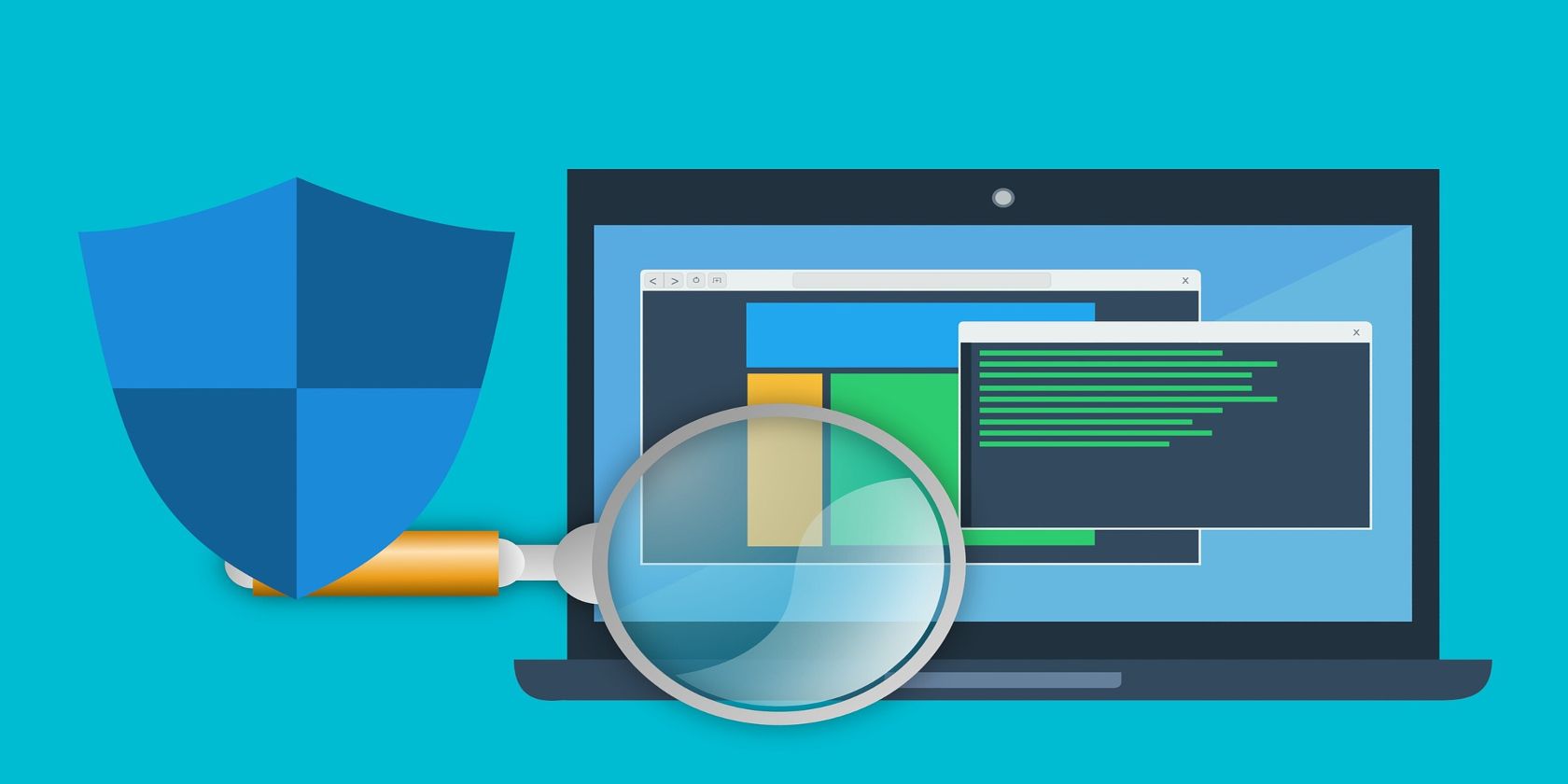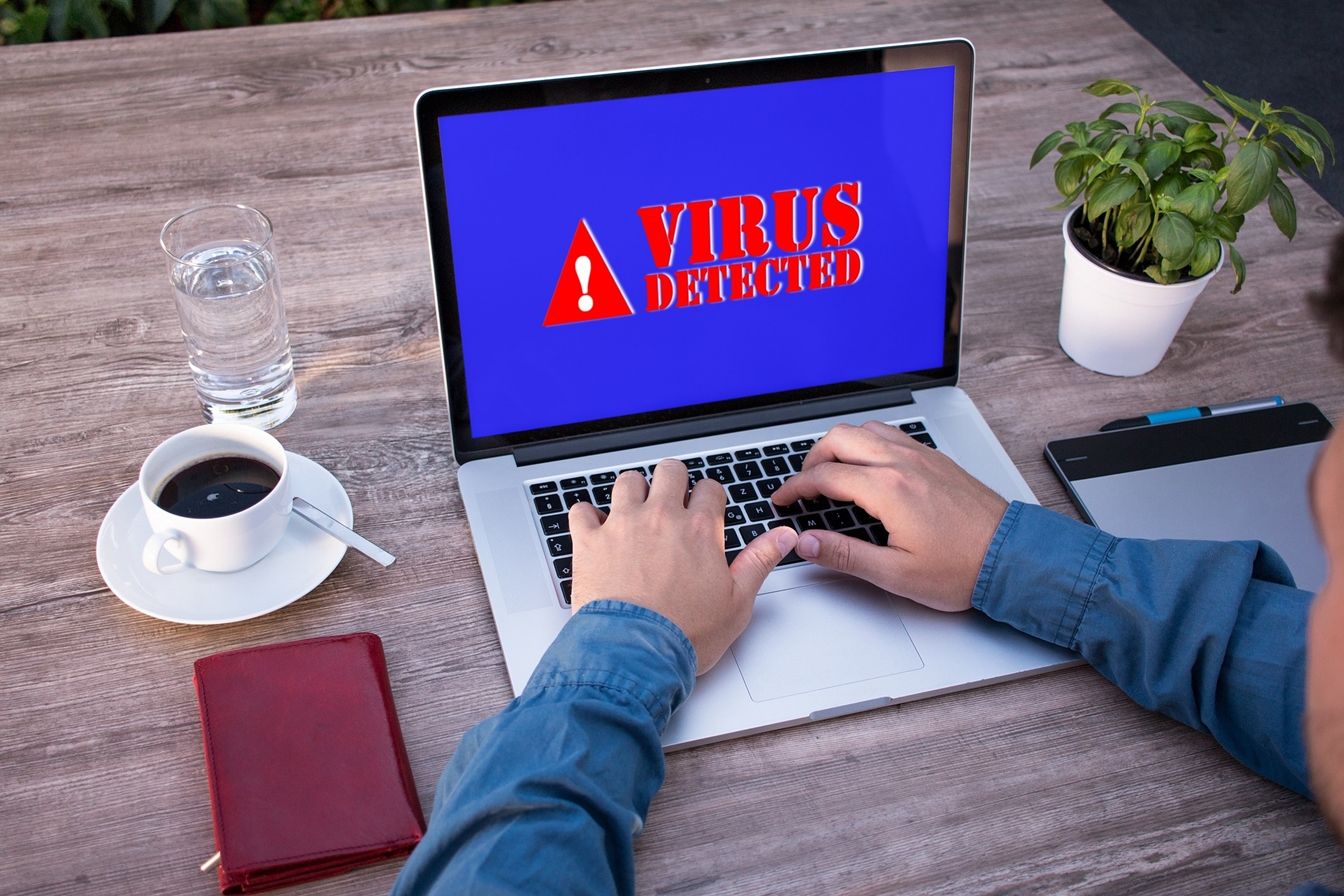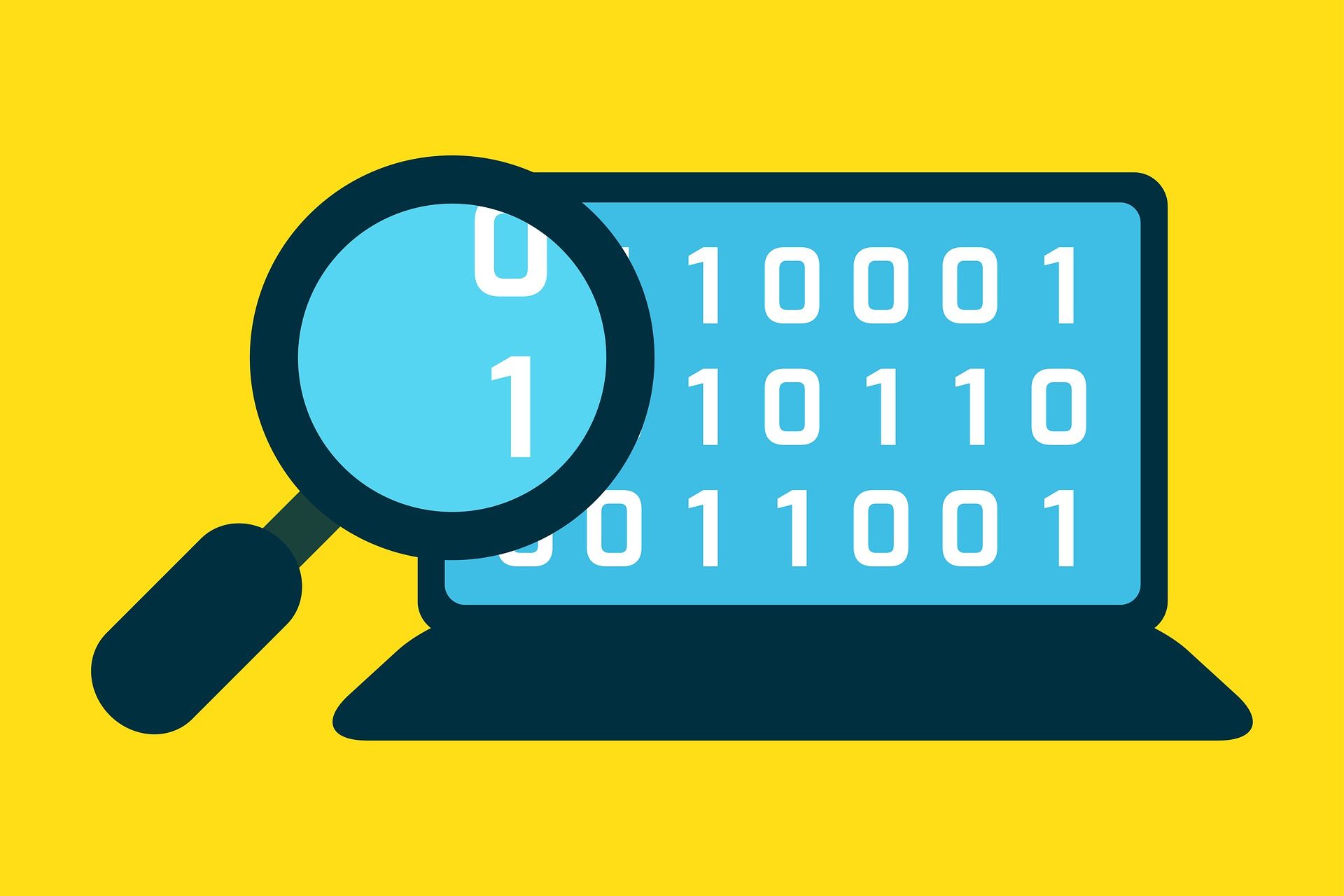Computer viruses have been the bane of computer users for decades. These tiny bits of software can be found all across the internet, ready to find a new target to infect. Because of this, a virus scanner is a vital part of any computer owner's arsenal of programs.
People don't really know what virus scanners actually do outside of scanning computers and giving viruses the boot. Nevertheless, it's interesting to know what these programs do and how they do it, so let's take a look at how antivirus software cures your computer.
Where Do Viruses Usually Hide?
Viruses can occupy documents and files in every nook and cranny of your system, which is why they're such a nuisance. They can hide in important system files and folders and your computer's BIOS. Even your hard drive boot section isn't off-limits to viruses; this gives them access to your system at boot.
Viruses also use different tactics when attacking your PC. For example, some of them will pretend to be important system files, some will lock down your PC without warning, and some will try to spread as far as possible before it's caught. Because of this, finding a proper virus scanner is essential for staying safe on the internet.
How an Antivirus Scans Your Computer
Before the antivirus software can scan your computer, it needs to know what it's scanning for. Each scanner has an extensive library of known viruses that it scans for. As time goes on, more viruses are added to the library.
This means that any antivirus software worth its weight in salt will have a large library of known viruses and keep itself updated to protect its users. That's why it's so important to allow your antivirus to perform its updates: without them, it can't do its job.
In the early days of the internet, you'd have to pay money for this kind of service. These days, however, there are plenty of free antivirus options that are just as good, if not better, than paid software.
When you tell the antivirus to scan your computer, it goes through the files, looking for suspicious code. When the antivirus scans a file, it analyzes the file's code and compares it to its vast library of virus code. If the code in the file matches a virus code in the library, the antivirus declares the file as infected.
What's the Difference Between a Quick Scan and a Full Scan?
Most antivirus software will give you a choice between a quick scan and a full scan. These two scan types will have slightly different names based on the software, but they'll still work similarly regardless of what program you use.
Quick scans take a lot less time, and they aim for the most commonly infected files. Unfortunately, while these scans are more convenient and let you get on with your life faster, they aren't as effective at spotting deeply rooted viruses.
A full scan does just as its name implies. The program will look through every single file on your computer to see if any of them are infected. While they take much longer, they're better because the antivirus will spot any viruses attached to essential files.
How an Antivirus Handles an Infected File
When the software detects a virus, there are three possible actions that it will take to stop the spread.
1. Disinfection
If an antivirus program detects a virus on a file, and it's possible to remove the virus without damaging the file itself, the antivirus will perform disinfection. This is when the virus is simply removed from the file, restoring it to its functional state.
2. Quarantine
Programs need to interact with different files on your computer to do what they do, which adds to the viral spread. When an infected file is quarantined, it gets moved to a secure location where your computer can not access it. It's essentially blocked off from the rest of the operating system so that it can't do any more damage.
3. Deletion
In a last-ditch effort to remove the virus, the antivirus software will actually delete the infected file. This isn't a result that anybody wants, but if it keeps the virus from spreading throughout the system, it's necessary. Some viruses just can't be taken off quietly.
It Takes a Lot to Ensure Your Computer's Security
Antivirus software comes in all shapes and sizes. There are online solutions, and there are even offline solutions. Through the innovation of antivirus software, millions of computer users can work knowing that their computers are safe. Just imagine how the world would be if we didn't have antivirus software.



